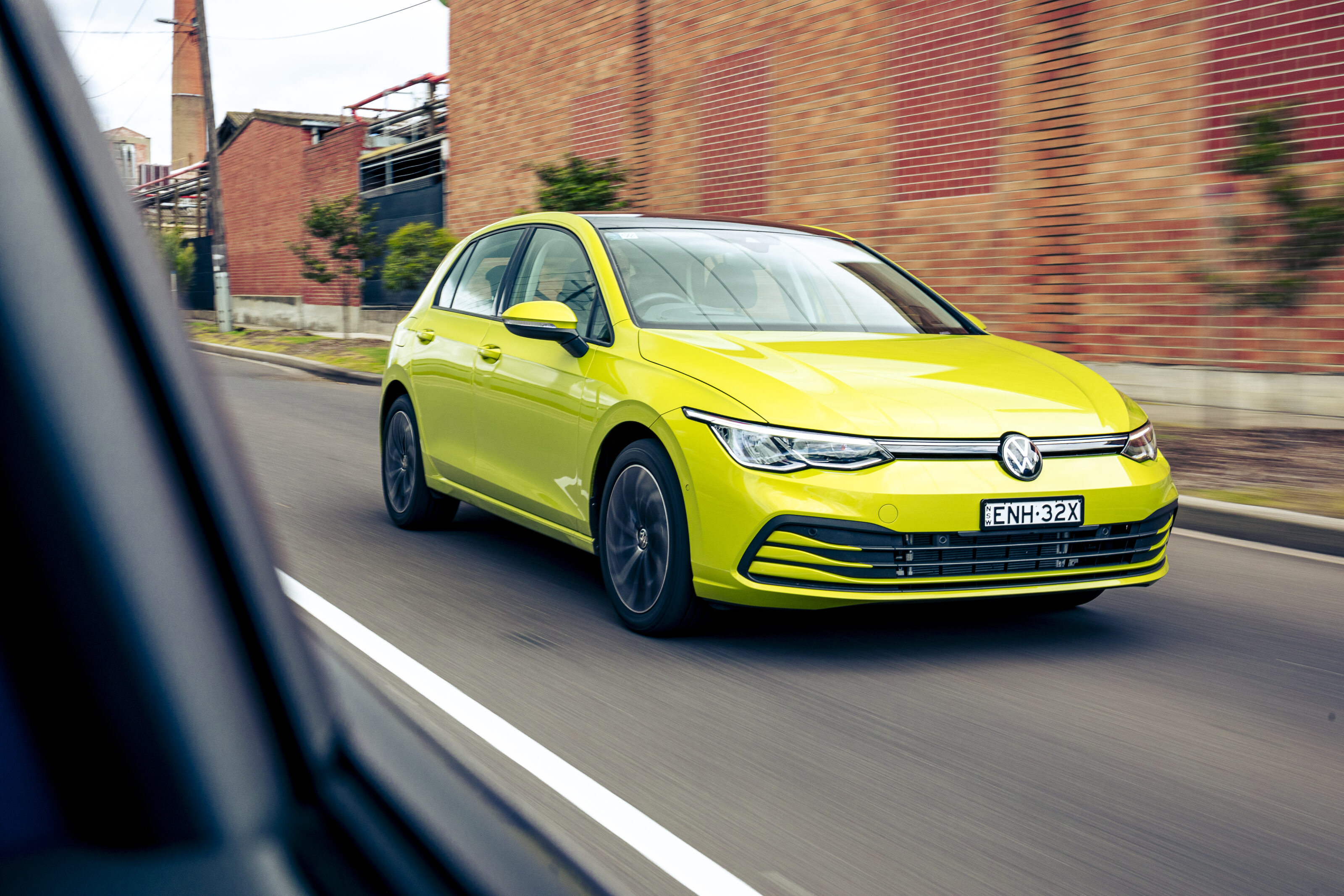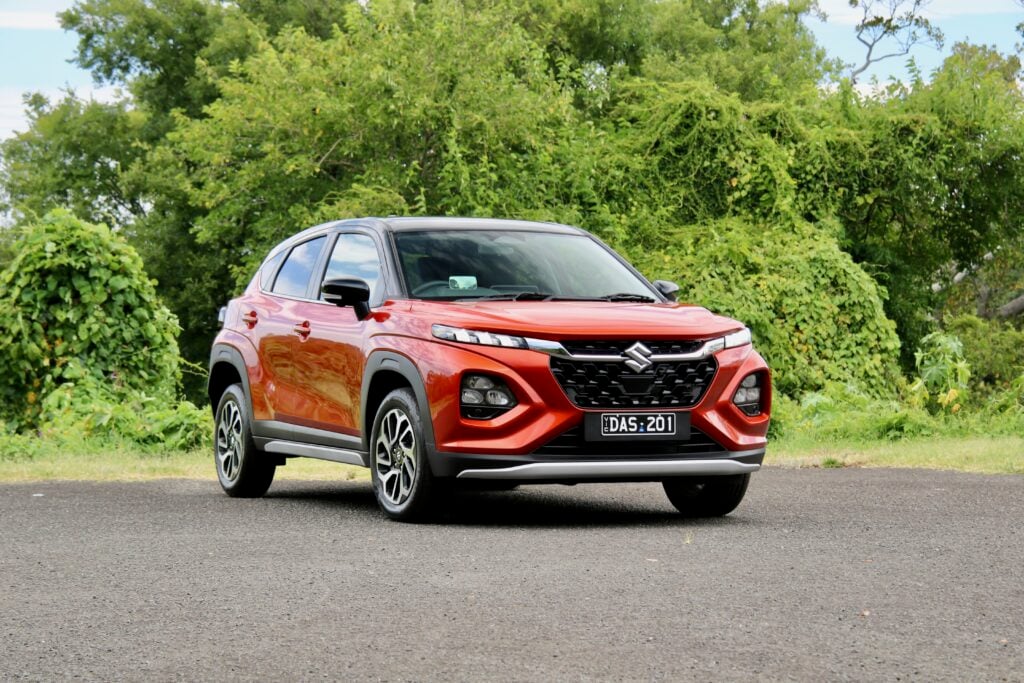A new generation of the Volkswagen Golf has yet to be locked in, according to a new report.
In an interview with Welt, Volkswagen passenger cars CEO Thomas Schäfer said the company has yet to make a decision on building a ninth-generation Golf.
The newly-appointed CEO, who took the position on July 1, said Volkswagen will make that choice in the next year.
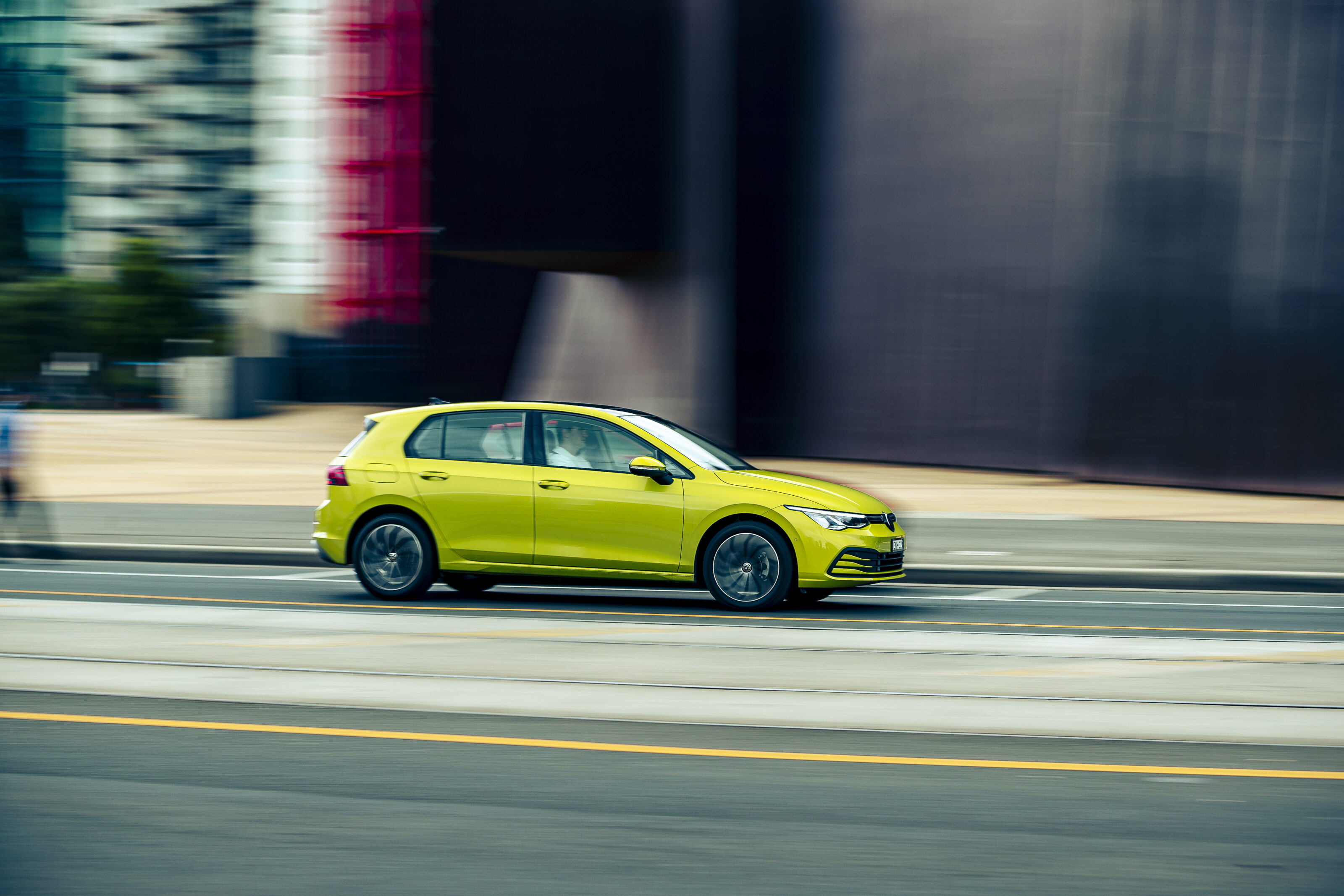
The future of the Golf is set back by the increasing cost of development for internal combustion (ICE) vehicles, with Euro 7 emissions standards arriving in the coming years and the European Union agreeing to ban ICE cars by 2035.
“We will have to see whether it is worth developing a new vehicle that does not last the full seven or eight years,” he said, adding: “We will know more in twelve months.”
In addition, Schäfer added that it is “extremely expensive” to develop Euro 7-compliant vehicles, with retail prices expected to increase between €3,000 and €5,000 (AU$4400 to $7300).
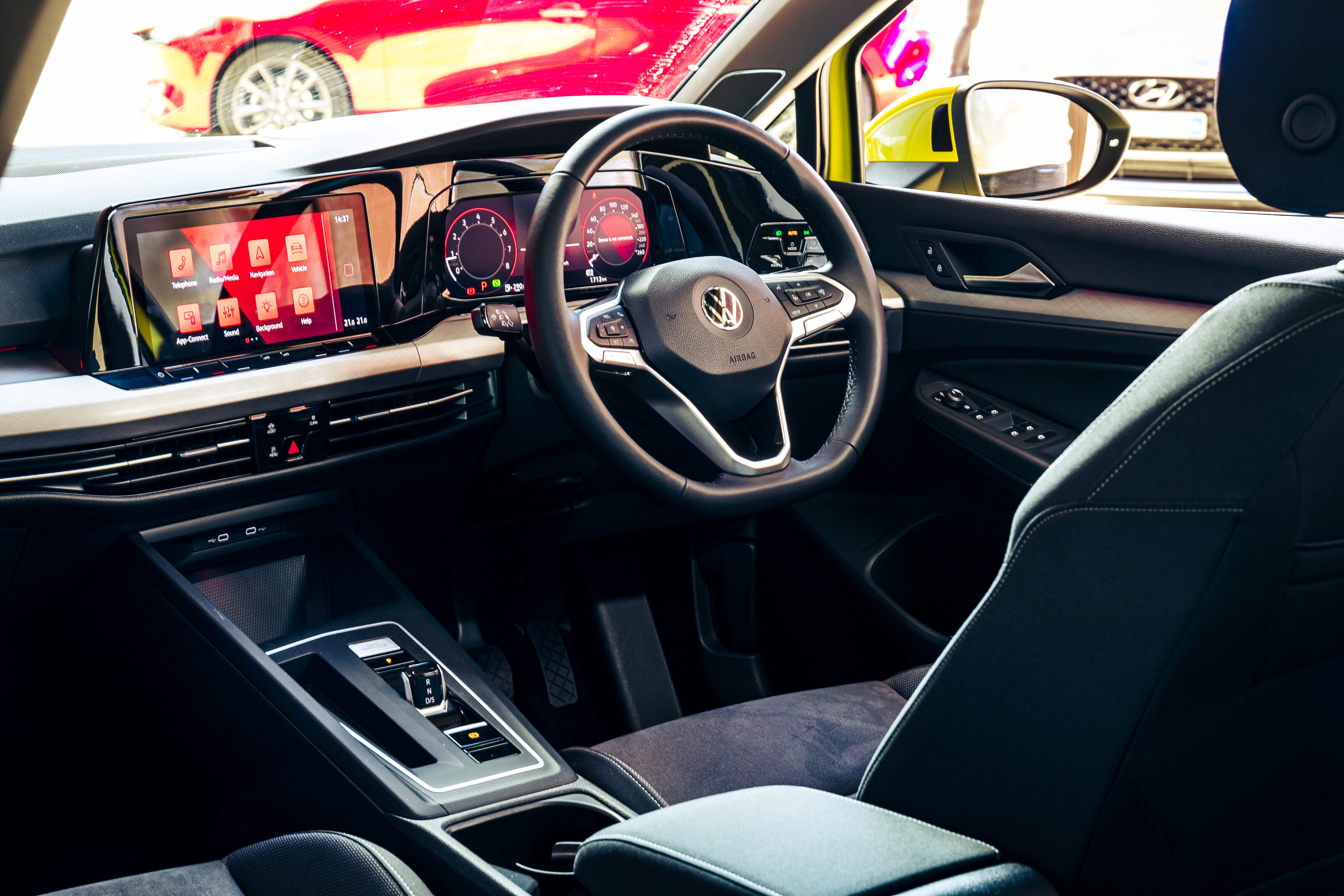
The current, eighth-generation Volkswagen Golf debuted in 2019 with a traditional seven- to eight-year lifespan, meaning a new-generation Golf would not launch before 2027, according to Drive.
If a new Golf is launched in 2027, it could only be sold for approximately five years before Volkswagen begins removing ICE-powered vehicles from its European lineup and seven years before the Europe-wide ban in 2035 – strictly limiting the availability of the Golf going forward.
“In Europe, we will exit the combustion engine vehicle business between 2033 and 2035, and a little later in the USA and China,” said VW sales director Klaus Zellmer last year.
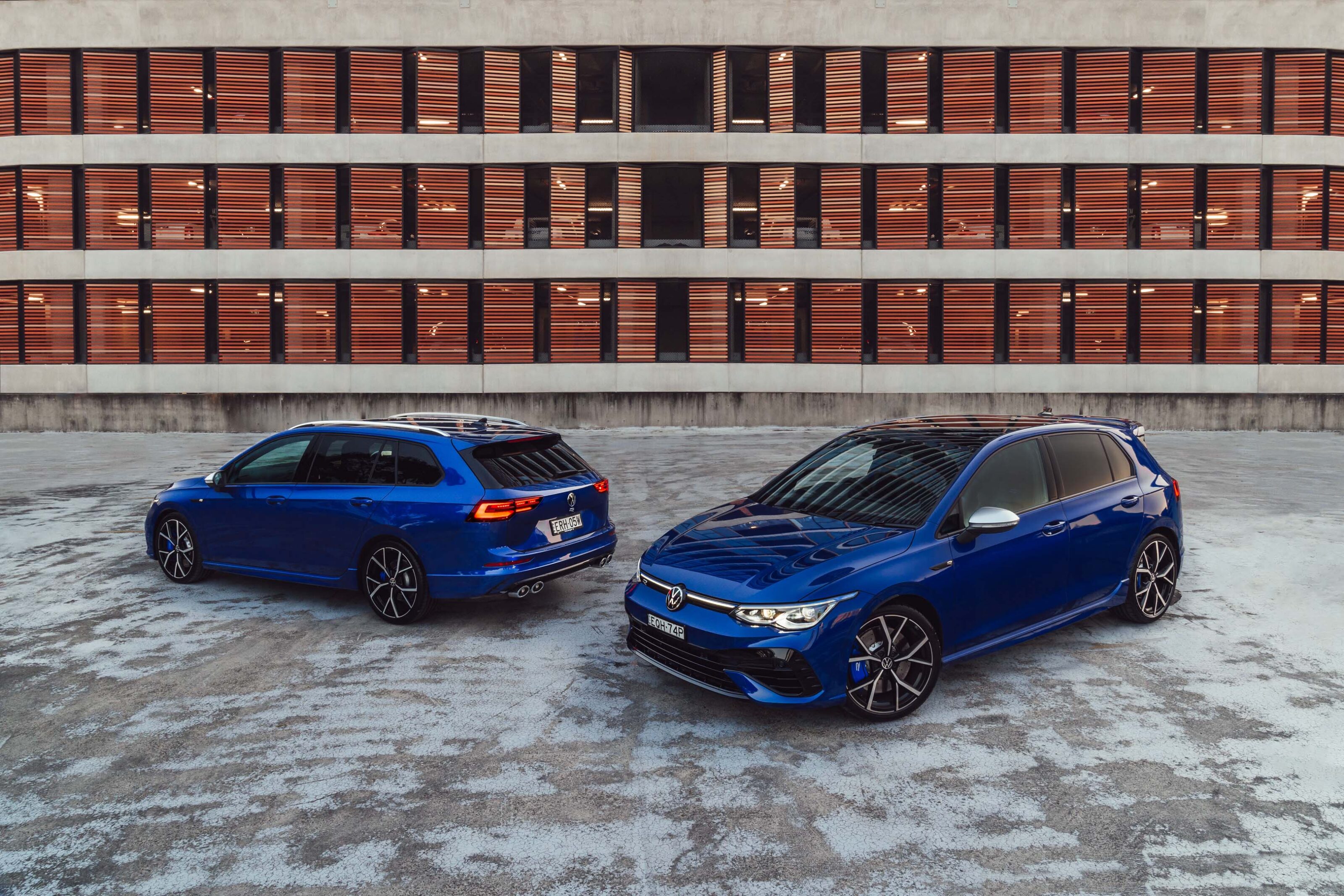
Nevertheless, Schäfer confirmed a facelifted eighth-generation Golf is under development, with a launch expected within the next 24 months.
While the report focused on the Golf, it could mean the future of the Polo light hatch is also bleak, while Audi has confirmed the mechanically-related A1 and Q2 are unlikely to survive once the current generation models reach the end of the road.
The potential axing of the Golf joins a number of similar moves across Europe, with the once-popular shape facing competition from crossover SUVs and electric vehicles.
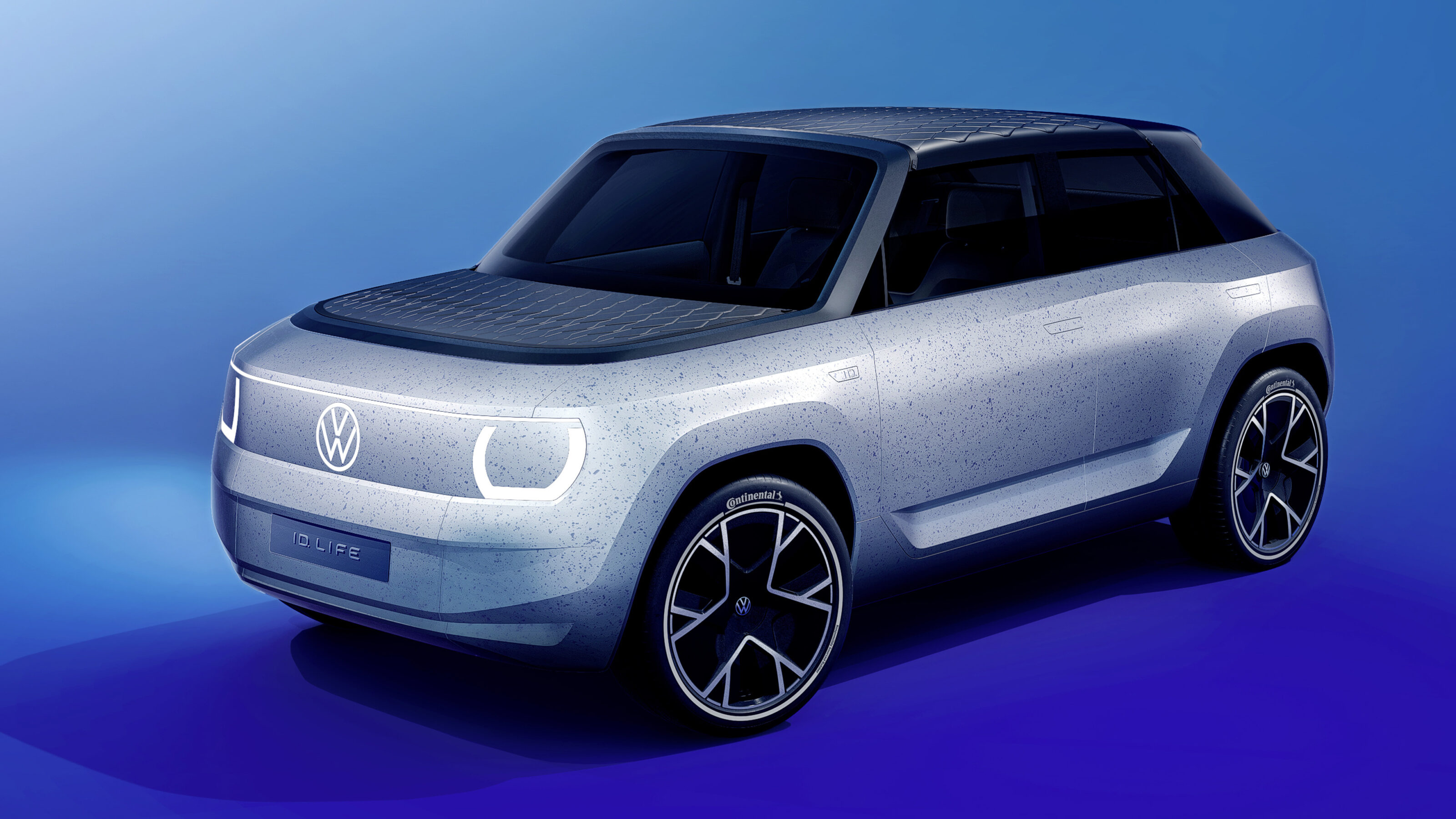
A new-generation Audi A3 will shift to electric power in line with the brand’s transition to an EV-only line-up from 2026.
Volkswagen currently sells the Golf-sized ID.3 electric hatchback, which would indirectly replace the current Golf 8 if the ninth-generation model isn’t secured.
As part of a small EV project led by VW’s Spanish performance marque Cupra, a smaller, Polo-sized city hatchback – likely badged ID.2 – will arrive in 2025, alongside the Cupra UrbanRebel, a Skoda, and, according to Welt, another version from Volkswagen.
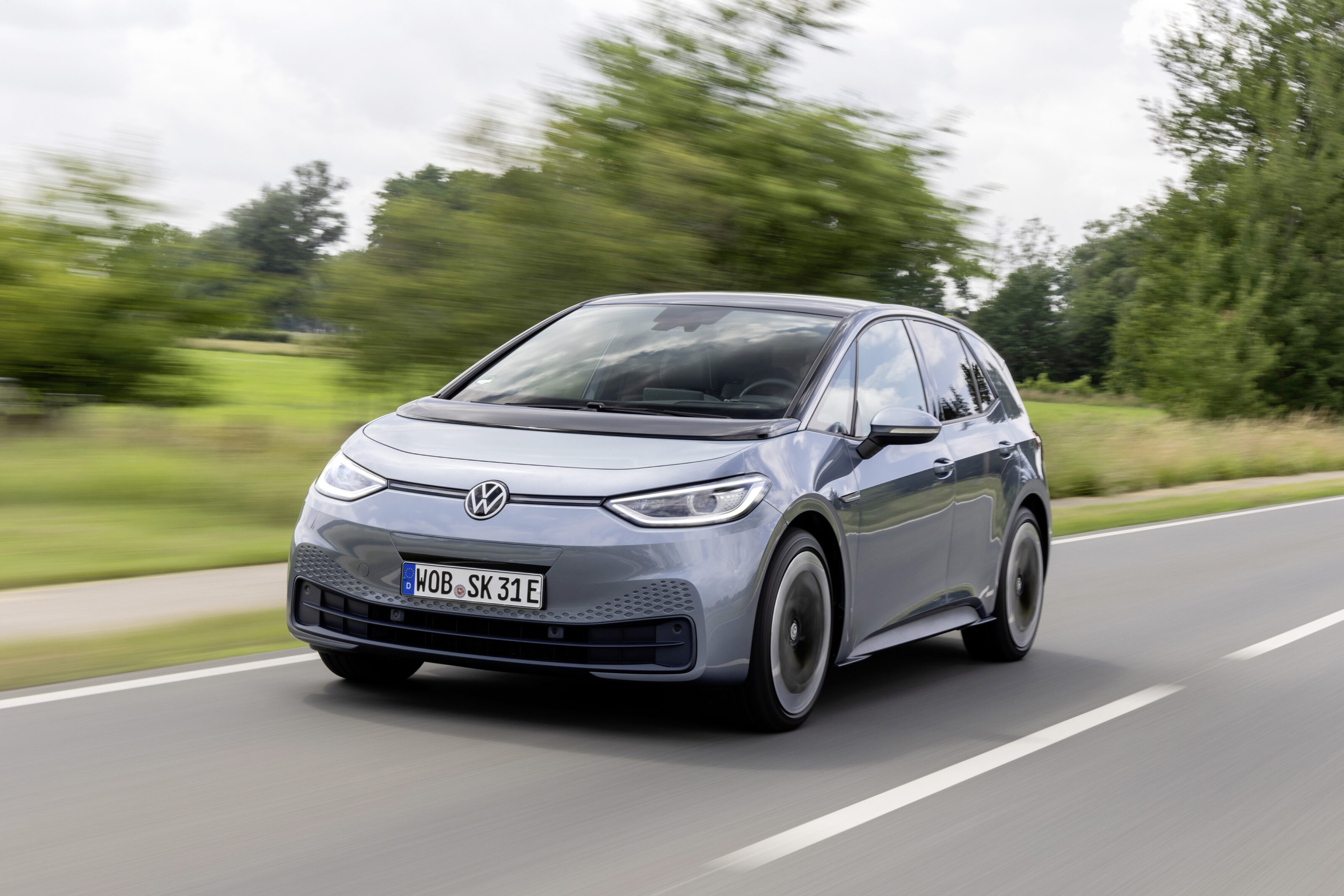
“We plan to offer the ID.2 for less than 25,000 euros. In three years’ time, that will be a super attractive price for an electric vehicle,” added Schäfer.
The targeted driving range for the vehicles will be 350 to 400 kilometres, which is “the psychological sell point at the moment,” according to Schäfer.
Volkswagen Australia will launch its first electric vehicles with the ID.4 and ID.5 mid-size SUVs due next year.
We recommend
-
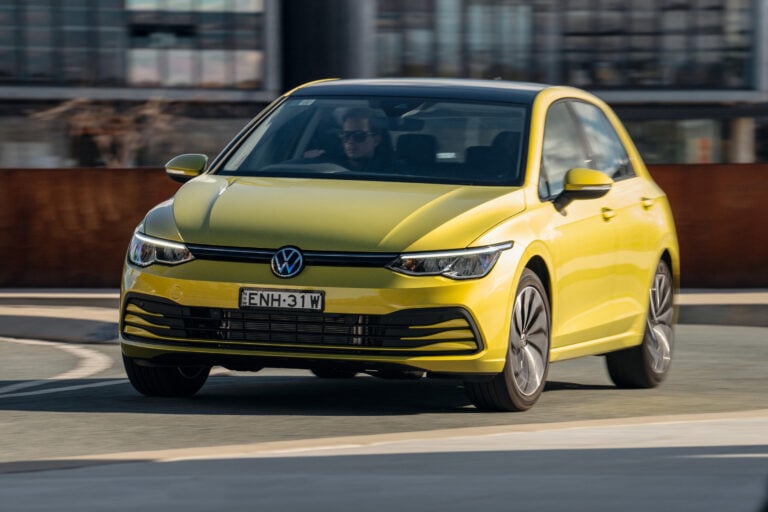 News
News2024 Volkswagen Golf: Base model axed
Following low demand for the basic 'Golf' the popular hatch will kick off in mid-spec Life trim
-
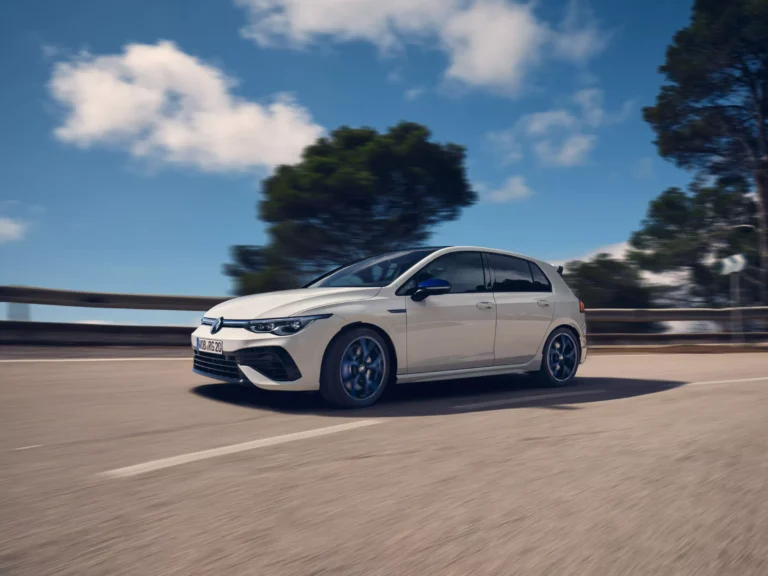 News
News2023 Volkswagen Golf R 20 Years priced from $77,490
Special edition celebrating five generations of Golf R models will be fastest Golf sold here - and arrives belatedly in July.
-
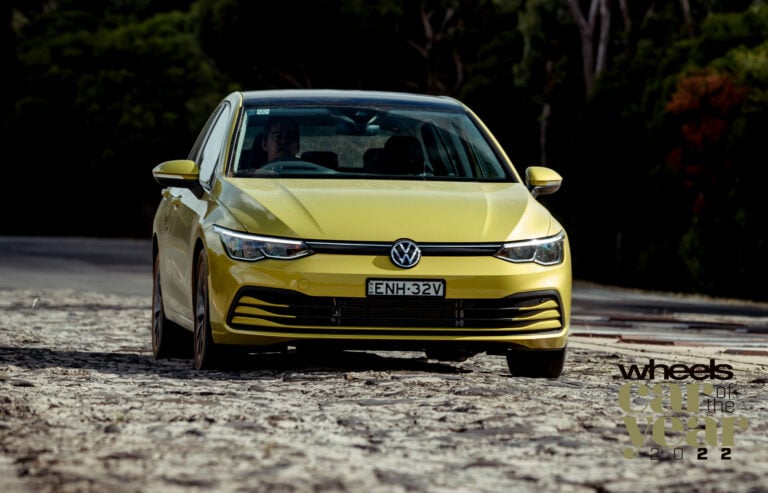 COTY
COTYVolkswagen Golf places 4th in 2022 Wheels Car of the Year
Enduring hatch provides internal-combustion Proof of Life as elsewhere VW embraces the electrification age


